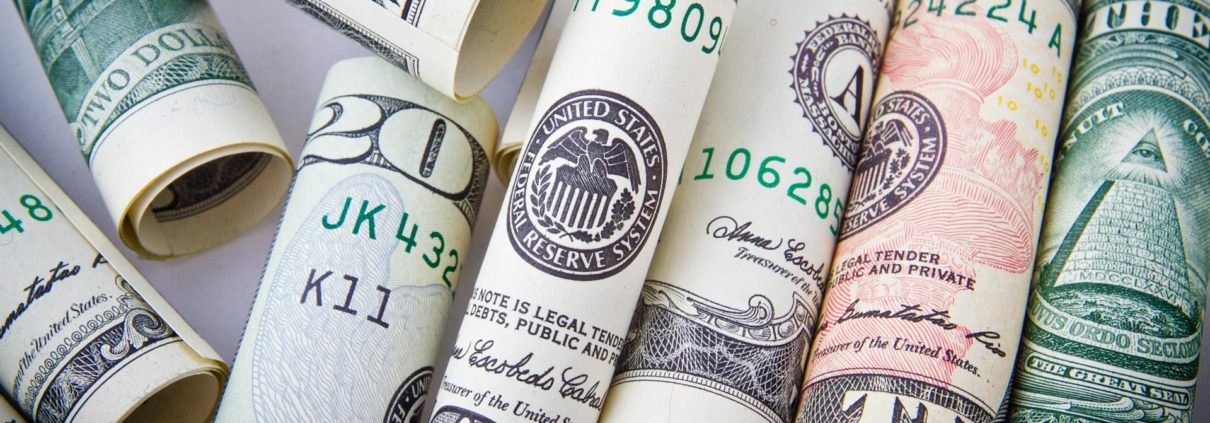Which currency do you use?
Some people quote the Bible saying, “Money is the root of all evil,” when in fact, the correct quote is “For the love of money is a root of all kinds of evil.” [1 Timothy 6:10, New International Version]
The above scripture quote and the associate misquote has led thousands, nay, millions, of people to avoid knowing, handling, and making lots of money, where money usually means currency like US dollars in America. Money is one form of currency.
The other day, I wondered about currency – that is, what we do to earn currency, how we save currency, and how we spend currency. Currency is used to exchange our labor for items, experiences, and credits we don’t have. Currency is only meant for exchange of some sort.
There has been a trend for a few decades to move from the known US Dollars to an International, unregulated currency in different forms: bitcoin. Make no mistake, bitcoin is bought with hard earned, long saved, US dollars. And it can be used as currency in many retail establishments which accept bitcoin payment – you can even buy a building with bitcoin! Bitcoin in another form of currency.
And then there is the currency we don’t recognize: the currency of attention. Just like how we spend our days and time working for US Dollars can be converted into bitcoin, those US Dollars can be converted into where we spend our free time and attention. The monies we save are spent on where we turn our attention. You may have heard the old joke, “I am so poor, I can’t even pay attention.” Yes, where we spend our time ends up where we spend our hard earned, and long saved money – turning our US dollars into attention.
If we spend our attention on nutrition, exercise, and mindfulness, our attention becomes beneficial for us personally. If we spend our attention on automatic emotional reflexes like shopping when angry, or smoking when frustrated, or drinking when bored, our attention may become harmful to us personally. If we spend our attention on what we cannot control: news, gossip, or traffic, we expend significant attention on what we are unable to affect.
My thoughts on where I spend my attention have changed once I put the term ‘attention’ in the category of currency. I’m more cautious about when I spend my hard-earned attention. How much time do I need to spend scrolling through social media when I might be planning my weekly meals?
Do I need to listen to neighborhood gossip when I could be meditating? Is it in my best interest to become angry with traffic? I’ve reevaluated where I direct my attention, making me feel rich and not at all evil, Timothy.



